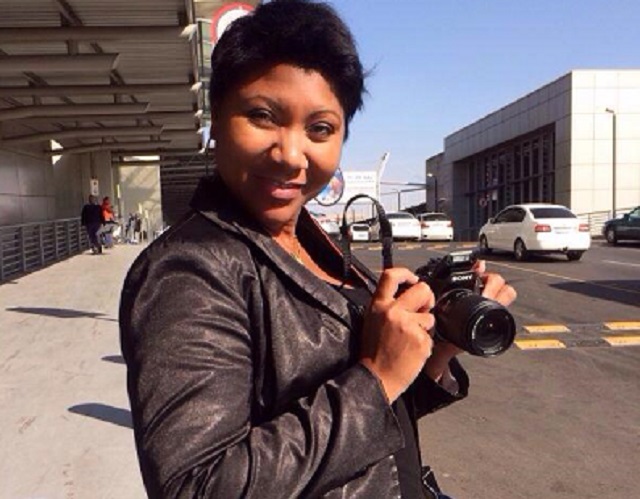
The Sunday News

Vincent Gono, Features Editor
GUIDED by the aphorism that a people without history is like a tree without roots, a South Africa-based artiste is putting together a documentary that seeks to chronicle the history of the Nambya people that is expected to be complete by September.
The documentary is going to focus on the important aspects of the Nambya culture as well as trace the story of the people’s origins and how they settled in Hwange.
The South Africa-based artiste who is the brains behind the documentary Diane Deadol (DD) spoke to Sunday Life’s Vincent Gono (VG) and excerpts of the interview are below.
VG: Can you tell us about the documentary that you are working on, who came up with a story line and what is the background?
DD: I am doing the documentary and I have a few crew members who have been helping gather information. The idea came after we did the movie Shetani in Nambya and we realised the enthusiasm that it generated largely in the Nambyan community. We realised people did not know much about Nambya. So it was a light bulb moment that we took upon ourselves to educate the BaNambya community to appreciate their culture and resuscitate the little surviving vestiges of its traditions.
VG: How did you go about getting the research done for the compilation of the history and what is your bigger objective?
DD: Regarding the gathering of the information we have a group called Friends of the Museum and the Nambya Cultural Society. These have been so generous with information on the history of origins of the Nambya people. We have also met most of the traditional leaders such as chiefs who expressed interest in giving oral interviews on what they know concerning the history of the Nambya people. The chiefs such as Chief Hwange gave us the green light to go ahead with the project.
The bigger picture is to bring to the fore the main components of Nambya culture, showing those certain things that were practiced then that are no longer known to the current generation. It is therefore motivated by the need to bring appreciation and more knowledge on some traditions that were done before and still being practiced, and some which are no longer being practiced now.
We want to make a 90-minute documentary to try and cover most of the important ones and it will be a three-part series.
VG: What other initiatives are you putting in place to try and make the Nambya history known and are you engaging any partners in the project?
DD: We are trying to develop story books and short films for Nambya, as it is our field. I have a cousin writing a book, Colleen Chinyati, and we are also working with Sydney Wachimwa who is busy developing an idea for children’s cartoon series in Nambya.
We have people who have chipped in to support us, the Elephant Hills Hotel facilitated our trip last year to come and meet the chiefs, so I think we just need more support.
The crew behind the scenes comprise of Galani Shoko, Bangani Mpala, Lebani Nkomazana and Tabona Shoko. The guys have been doing a good job.
It’s unfortunate there isn’t much Nambya material, online or books but we have also engaged a guy from Botswana whose lineage is Nambya. They moved in the 1700 and settled there, our aim is to join all the dotted groups and come up with the history of these people. Our research has shown that some are in Zambia, some in Namibia and some in Botswana.
We are also working with some known elders and the Nambya history organisation to track and verify all this information.
Shooting of the documentary will take about 3 months and our vision is to have the documentary ready before September 2016 during the big gathering of BaNambya.
VG: Who is funding the whole project and what is your budget like?
DD: No one has come forth to support. We have submitted our proposal to a few arts and culture festivals for assistance, we haven’t got any response. Most of the stuff we have gathered is largely coming from our own pockets. Our budget is only $20 000, small change for these big corporations.
VG: Has the Government shown any commitment to have the Nambya culture recognised?
DD: A major milestone is when the language which is an important cultural component was recognised among others as official in the Constitution. Commitment is already there as the language is being taught in schools and next year the children will sit for their first official examinations. Besides, Government is always talking about the celebration of cultural diversity from where the beauty and unity of Zimbabwe is born.



